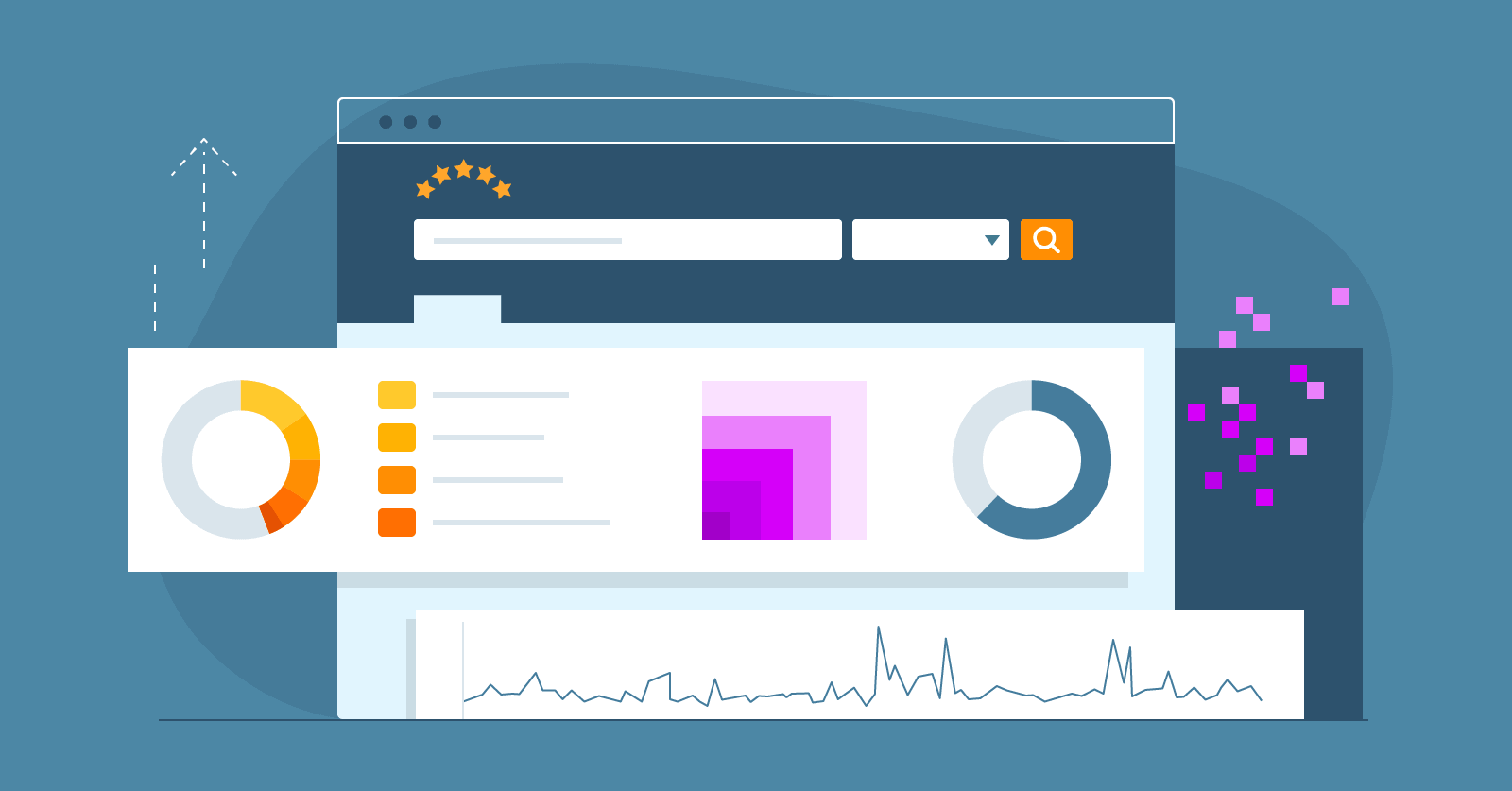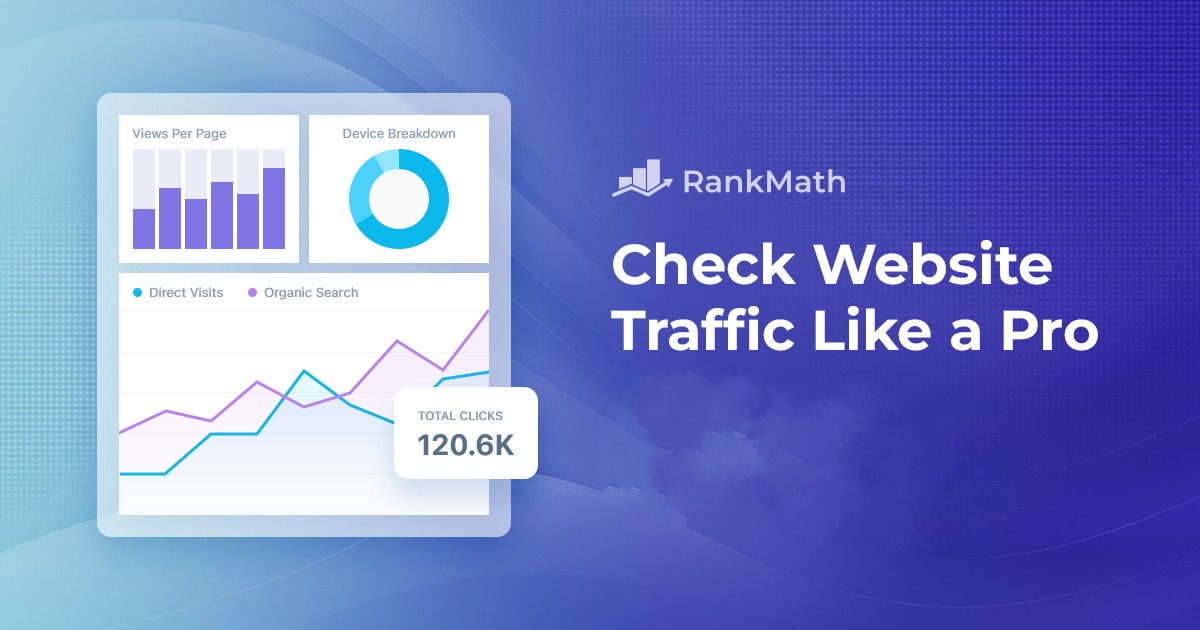Trying to get your business to show up in local search? The SEO tools you pick can really make a difference. Two of the big ...
Read More
Trying to get your business to show up in local search? The SEO tools you pick can really make a difference. Two of the big ...
Read More
Ever sit back and wonder how your competitors are getting all that traffic? Yeah, same here. Whether you are running an onlin...
Read More
Introduction Traditional Search Engine Optimizati...
Read More
A solid SEO strategy depends on backlinks within the highly competitive digital marketing industry. Search engines interpret...
Read More